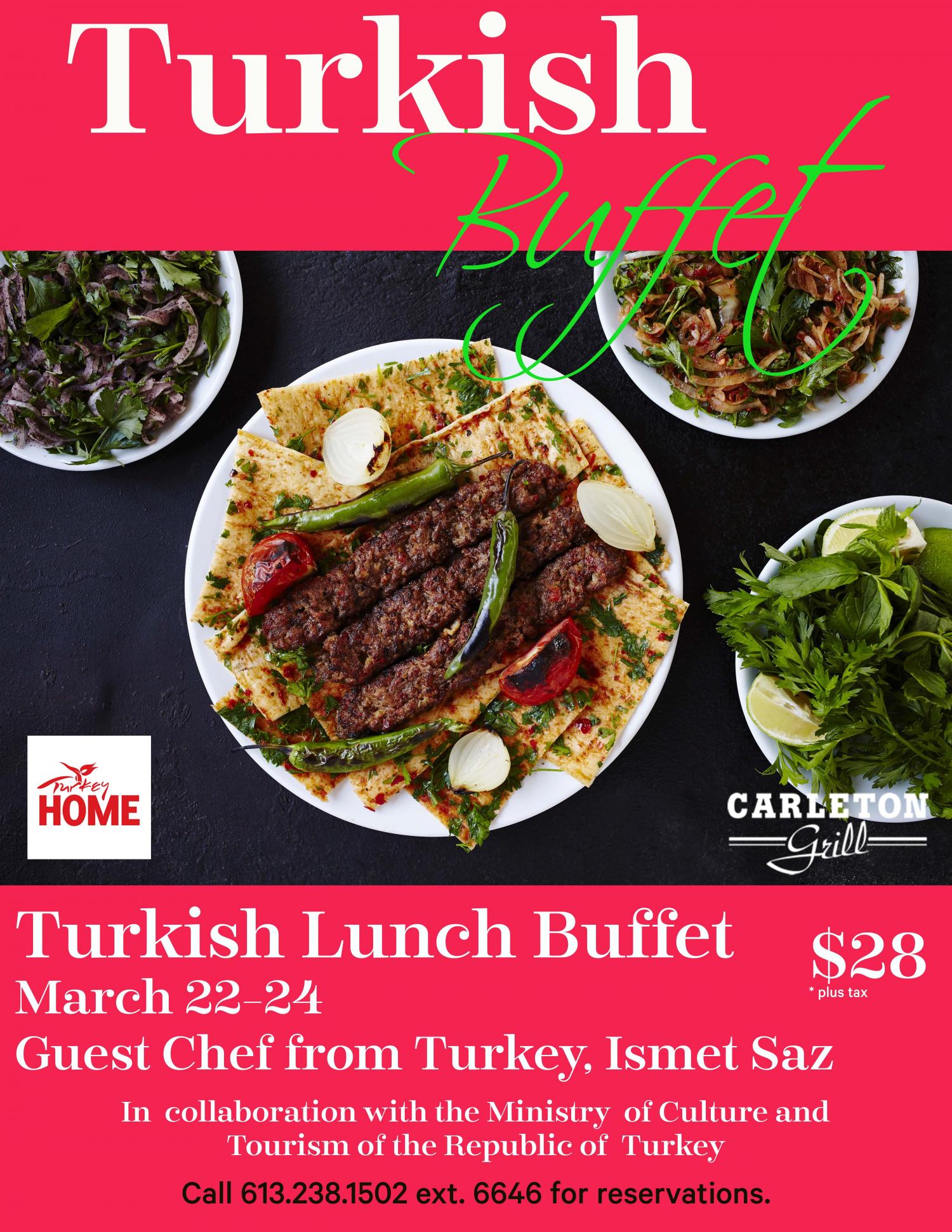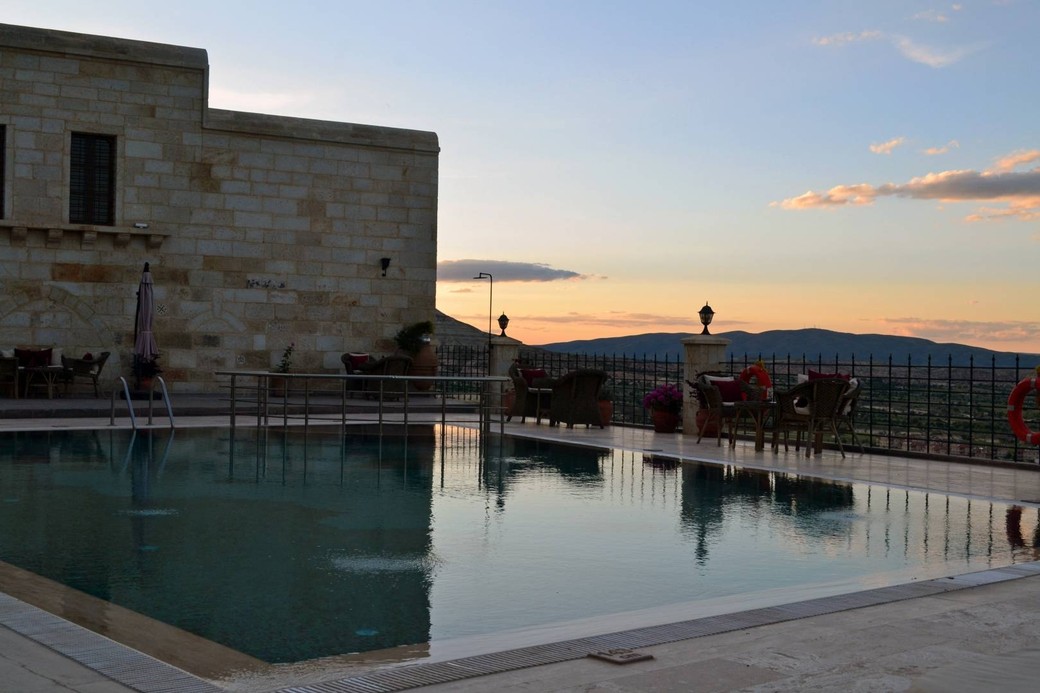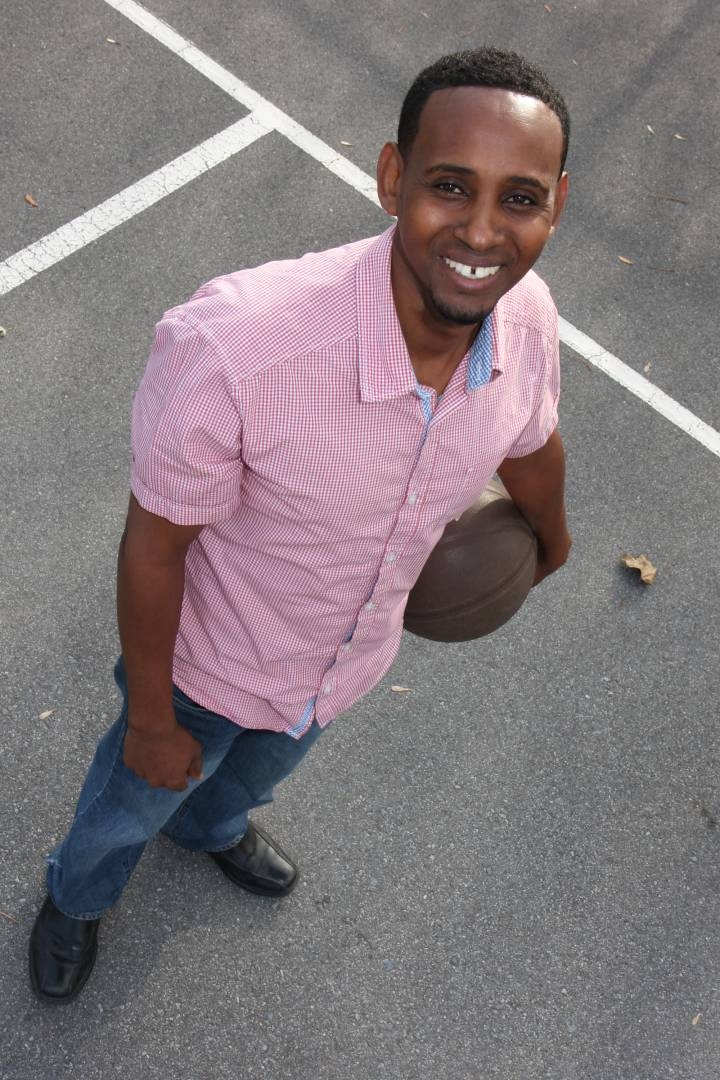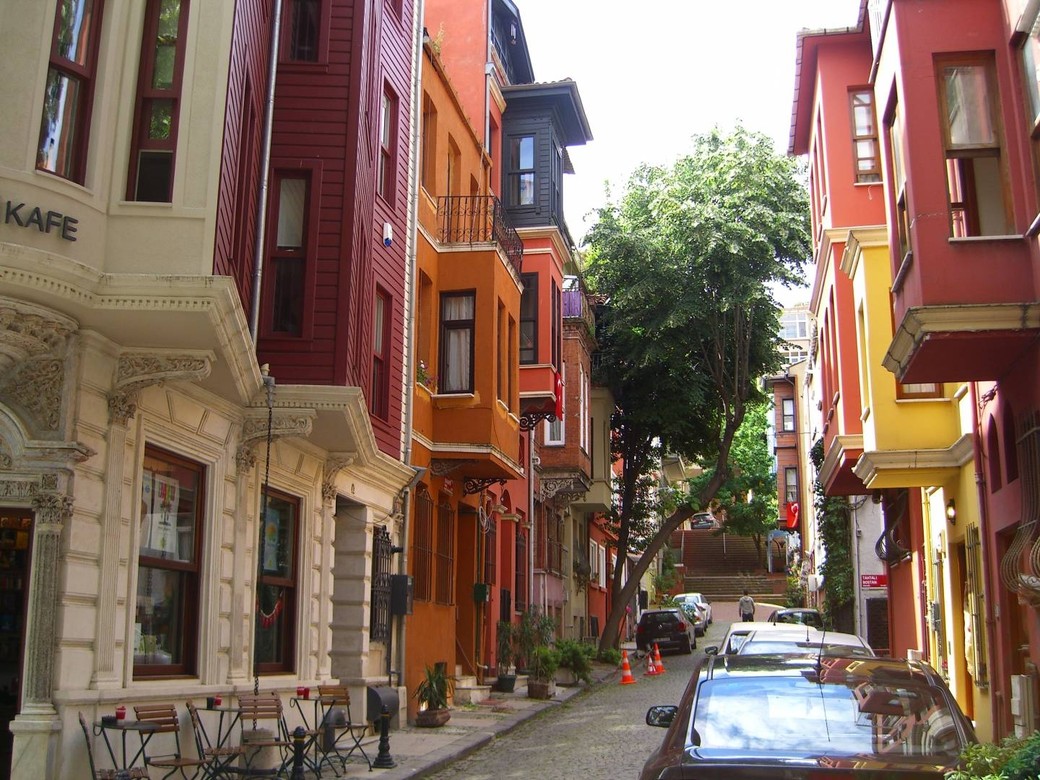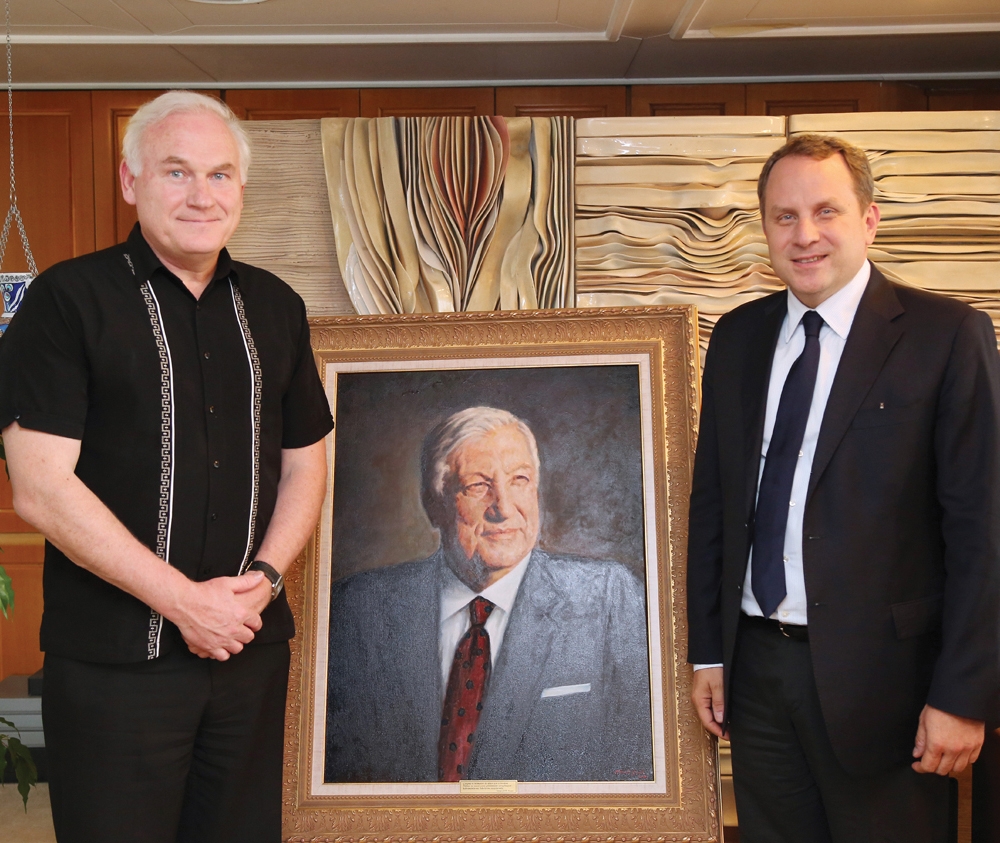
The double standard: Turkey as viewed by the western media
ABOVE: OLM Managing Editor, Dan Donovan with Osman Okyay, Vice-Chairman, Kale Group of Companies. The painting depicts renowned Turkish businessman and Kale Group founder, Ibrahim Bodur (1928-2016).
Osman Okyay is the Vice Chairman of the Kale Group of Companies and one of Turkey’s most respected businessmen. He is also active on the Turkish Canada Business Council.
Kale Group is comprised of 17 companies, and is regarded as one of the most important industrial enterprises of Turkey with over 5,000 employees, with operations from the Dardanelles (Canakkale) to several locations in Turkey, Italy and Russia. Kale Group is Europe’s 3rd and the world’s 12th largest ceramics manufacturer. In the construction chemical sector, the company is ranked first in Turkey and the region and 5th in Europe in terms of production and sales volume.
As a 100 per cent private Turkish company, Kale plays a leading and influential role in defense and aviation sectors and provides its products to consumers in over 100 countries via more than 400 sales points.
I met with Okyay in June, in Istanbul, to discuss his views on the economy and the general state of Turkish affairs today.
I was curious to get his response to the prevalent western government and media narrative that Turkey is headed back to the dark ages. The Economist recently published a story stating that “Turkey’s slide into paranoid authoritarianism under President Recep Tayyip Erdogan makes it a far less enticing partner” and Jean-Claude Juncker, President of the European Commission, said in the spring that Turkey is leaving Europe with “giant steps”.
The eloquent and soft spoken Okyay says this is just not true and expresses a genuine frustration that Turkey is too often presented in a biased and unfair manner by the western media.
“I believe we deserve a better image that is closer to the truth”, he says. “Despite the many issues Turkey faces, it is still a developing country, but also a democracy that is committed to a free market economy. Trade and foreign investment are important for the Turkish economy. Seventy per cent of investment here is from the west. That is not representative of a country or economy turning inward. Our economy and businesses are open to the world.”
The facts support him.
Despite the ongoing political crisis, the World Bank reports that Turkey’s economy is doing well with sustained economic growth, significant increases in exports, state-supported infrastructure and domestic consumption.
Okyay says Canada is a reliable trade partner and a good friend of Turkey but says the biggest hurdle in Canada-Turkish affairs are the stringent VISA requirements Canada has imposed on Turkish visitors, even in business classifications. He recommends that this be reviewed because it leads to lost opportunities in both countries.
Okyay says Turkish exports have been stable for the past decade noting that 50 per cent of Turkey’s export sales are to the European Union. “Turkey has always shown an interest in being a member in the EU, but despite meeting all the requirements when compared to others like Greece and Bulgaria, we are still rejected. However, we will keep working on it and also look to other markets and opportunities”.
He points to Brexit as a big opportunity for Turkey as it could provide a large expansion in Turkey–British trade relations. He says other strengths in the Turkish economy include a young workforce (50 per cent of the Turkish workforce is under the age of 35).
Okyay explained that when President Erdogan visited the United States last May, billions of dollars in new business deals with American companies were signed in the areas of technological infrastructure, transport, telecommunications, defence, R&D and energy.
Okyay says the August 2016 attempted coup was difficult for all Turks but that the fallout is underway as the courts work through the cases of those being behind the attempted putsch.
“We are a country of laws and that process is happening now. Violence is unacceptable and the fact is that a “terrorist is a terrorist”. He is very optimistic about the future business prospects for Turkey and he the economy to continue to grow. On the Syrian refugee crisis and war he says, “We have over 3 million refugees living inside our borders that we are supporting. They have families, lives. I am very proud of how Turkey is responding and helping these people and handling this situation”. Others have turned these people away. That is not our way.”

